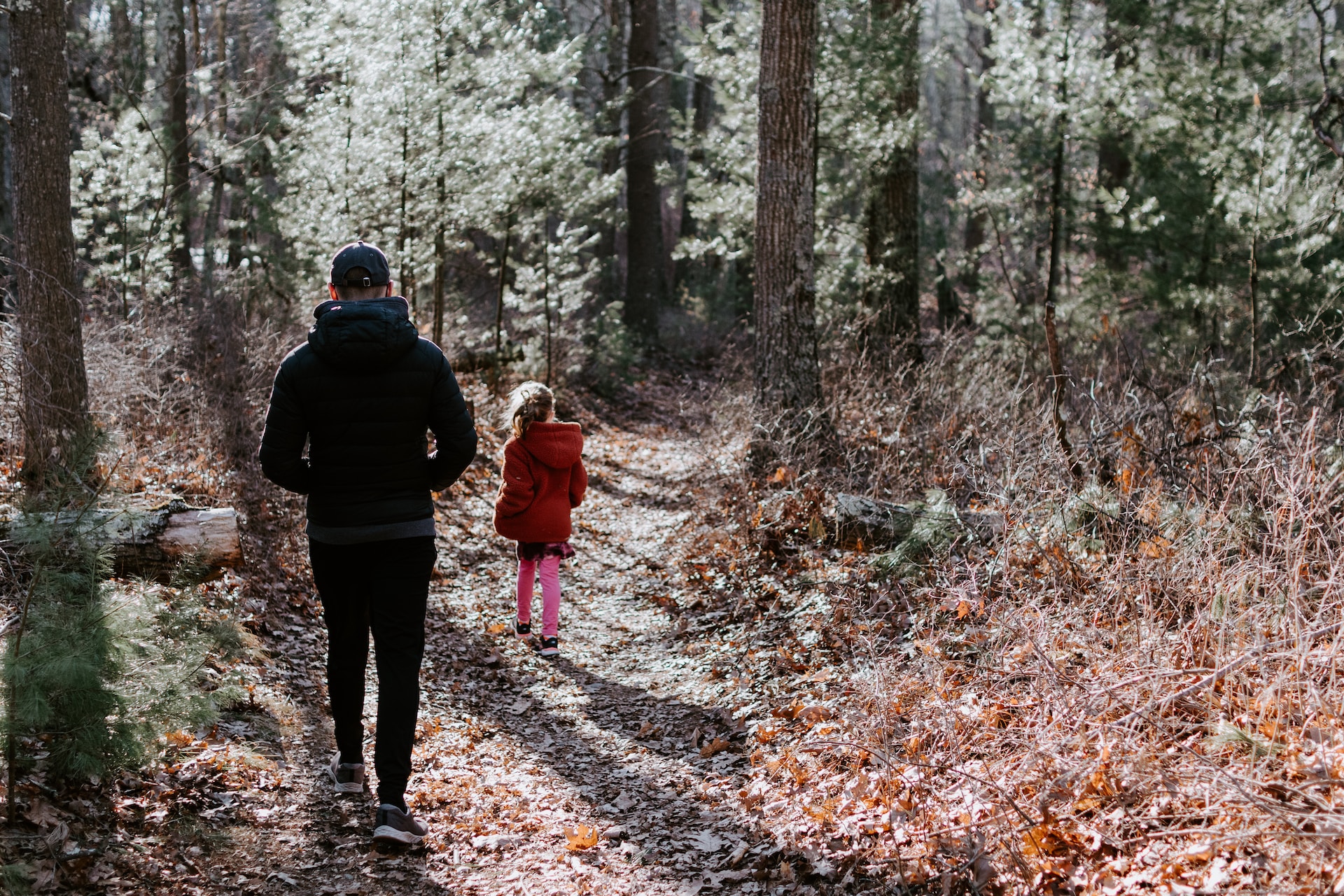Loneliness: The Next Pandemic?

Canadians have more revolutionary tools and technologies than ever to connect across vast distances. While the COVID-19 pandemic forced us to embrace new ways to stay in touch, a new report from Statistics Canada indicates that we’re on the verge of a new, insidious threat to our health and safety – an epidemic of loneliness.
Data collected in August and September 2021 as part of the Canadian Social Survey indicates that more than one in 10 Canadians feel lonely most or all the time. Unsurprisingly, surveyed individuals who were not in a relationship represented a greater proportion of those Canadians who reported frequent feelings of loneliness. Loneliness amongst Canadians does not appear to discriminate, with visible minorities reporting no significant difference in regular bouts of loneliness than the national average of 13 percent.
LONELINESS IS NOT A DISEASE
It is important to remember that loneliness is a normal part of the human condition, not a mental illness. The “social pain” associated with negative feelings of loneliness can be an important motivating factor for many to seek out and build essential connections to others, thereby becoming an integral part of society.
Unfortunately for some individuals, loneliness can lead to chronic health conditions, including cardiovascular disease, obesity, depression, substance abuse, and self-harming behaviours. According to an American study from 2010, the risk for developing such conditions increases with more experiences of loneliness. StatCan data from the Canadian Social Survey indicate that lonely Canadians self-report fair or poor mental health to a much greater degree than others (49 percent of the frequently lonely reported fair or poor mental health, versus seven percent of the entire population surveyed).
This may be troubling news to those currently facing or anticipating a relationship or family breakdown. However, it’s important to note that data from the United Kingdom – the first country worldwide to appoint a “Minister of Loneliness” and publish a loneliness reduction strategy – indicates that single people have better mental health outcomes than people who are unhappily married. Recent studies from Ireland and the USA have found that negative social interactions and relationships, especially with partners/spouses, increase the risk of depression, anxiety, and suicidal ideation, while positive interactions reduce the risk of these issues.
IT’S THE HOLIDAYS AND I’M ALONE
As the COVID 19-restrictions on movement and social interactions are reduced, many may be looking forward to re-engaging with family and friends and re-entering the social scene. For the lonely, this may be easier said than done. UN Global Happiness Committee Member Jennifer Moss recently provided some tips for those motivated to overcome their loneliness (and potential nervousness, following nearly two years of social distancing), including:
- Make plans to interact with others in a social setting, and do not give yourself an opt-out clause. Social connection is as essential for long-term health as many self-care strategies most people practice every day.
- Consider volunteering. Helping others is one sure way to remove the focus from yourself and place it on the individual, group, or organization you are serving.
Moss’s suggestions include taking time to interact with the young people in your life, as they can provide a distraction from anxiety-inducing social situations.
THINK OF THE CHILDREN
On the subject of young people and loneliness, StatCan’s Social Survey also indicated a particular prevalence of loneliness among Canadian youth. Nearly a quarter of those survey respondents under 25 years of age indicated they experienced feelings of loneliness often or almost all the time. That is 10 percent higher than self-reports of loneliness among Canada’s seniors; the demographic most would associate with social isolation.
Ontario is notable as the Canadian province where students have been shut out of school and extracurricular activities for the most time during the COVID-19 pandemic (there were 26 weeks of public school closures in Ontario to the end of June 2021).
The impact of social isolation on the emotional health of youth is just beginning to be evaluated, and the reports are concerning. Research from SickKids Hospital in Toronto published in February 2021 shows that 70% of school-aged children reported deterioration in their mental health during the first wave of the pandemic (April through July 2021).
In the legal context, courts place children’s best interests above all other considerations in making decisions. Procedures to determine what arrangements are in the best interests of children in a separation or divorce situation have changed over the years, as has the weight given to a range of factors that comprise “best interests.” A non-exhaustive list of factors commonly referenced in determining a child’s best interests includes:
- the child’s physical, emotional, and psychological safety, security, and well-being;
- the relationship between each parent and the child;
- how long the child has lived in a stable situation;
- each parent’s plan to care for and raise the child;
- the child’s views and wishes, unless there is no way ascertain what they are; and
- if there has been abuse against any family member or any child.
The Canadian Bar Association provides an instructive interpretation of the reasoning behind the “best interests” principle, noting it applies to all actors involved in the decision-making process for children:
“Children have less possibility than adults to make a strong case for their own interests, so those involved in decisions affecting a child must be explicitly aware of the child’s interests. If the interests are not highlighted, they tend to be overlooked.”
In crafting parenting agreements and other arrangements in the family law context, it will be necessary for all parties to consider this rise in loneliness and the associated risks to the health and well-being of children. It will be imperative for separating parents to proactively address the potential for loneliness to impact their health negatively, so they can be the best guardians and advocates for their children as Canadians of all ages and situations come together to take on the loneliness epidemic.
CONTACT BORTOLUSSI FAMILY LAW IN YORK REGION FOR GUIDANCE AFTER A SEPARATION
Bortolussi Family Law provides professional, individualized advice after separation, including help drafting a separation agreement that prioritizes the best interests of your children. We can also advocate for you and work toward a swift resolution of your matter through court proceedings and alternative dispute resolution processes. Contact Bortolussi Family Law at 416-987-3300 or online to arrange for a consultation on your family law case.





